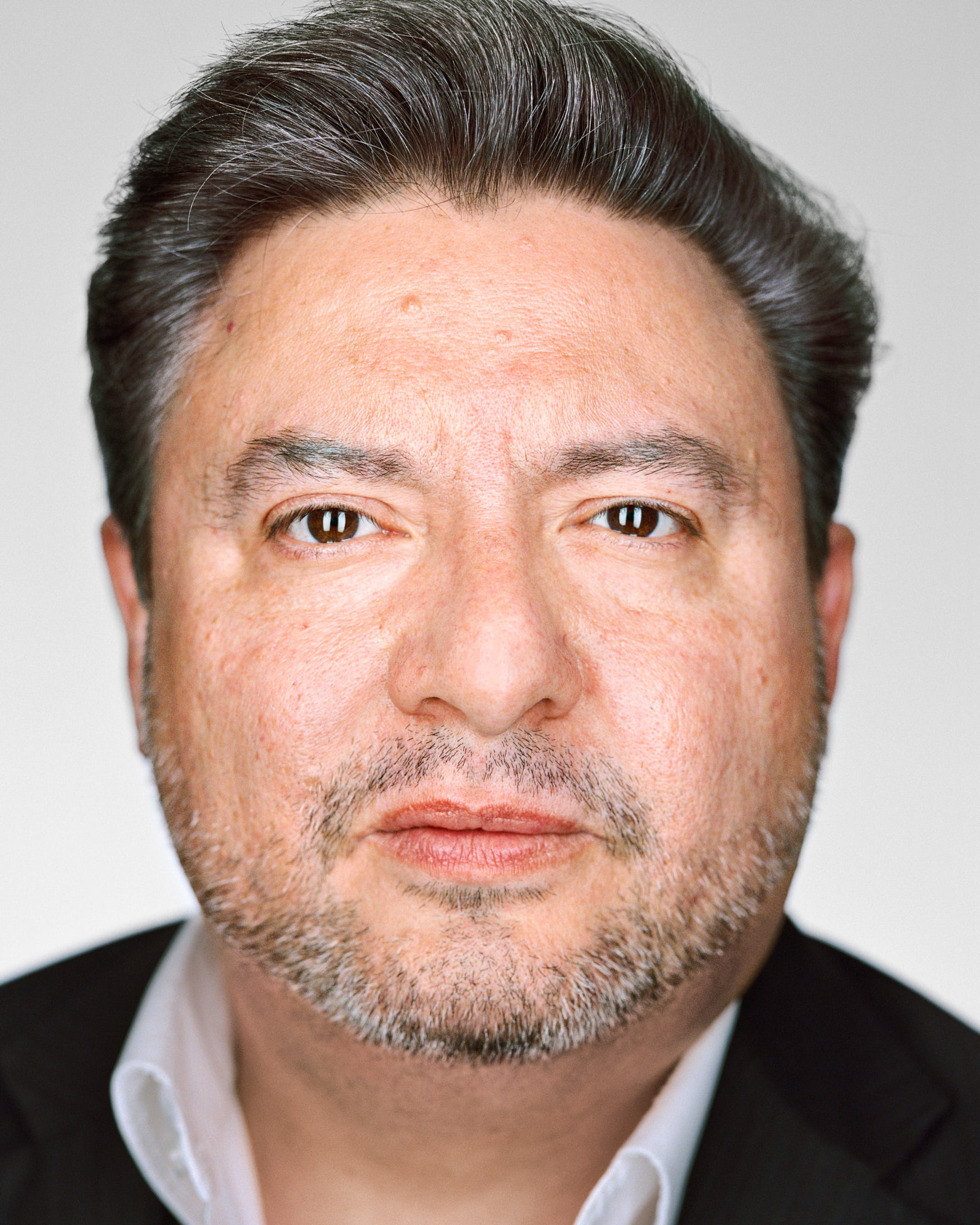
Joaquin Martinez
Joaquin Martinez spent four years on death row for a crime he did not commit.
“I am a Spaniard that grew up as an American. I would rise to the pledge of allegiance, I would rise when you see the sports events and when the national anthem came out, I’d be there, you know? Felt like an American, thought like an American. I believed in the death penalty. I believed in the system. Back then I would say, ‘Wow. This guy, 10 years on death row, taxpayers’ money, he should be executed tomorrow.’ That was my mentality. I had my two daughters, and I thought to myself, if someone did something to my little babies, my little girls, I would want the worst possible punishment to be laid upon that person that took away the life of my little girl. And I really believed that it would heal in some ways the wounds, that in some ways you could close that chapter in the victims’ families. I thought about the,. I didn’t think about the death row inmates. The parents of this guy, they should’ve taught him better, better principles. They shouldn’t have allowed him to do what he did. So that was my mentality. I end up on death row. I was there three years, I was going crazy towards the end. I lose my faith, I feel betrayed by the system. I lose that arrogance and that stupidity that I had before getting there, that all fades away.
Due to false witness and informant testimony, a fraudulent transcript of an inaudible audiotape, and alibi testimony that was left out of his first trial, Joaquin spent four years on death row. He was acquitted of all charges in a 2001 retrial, making him the first Spaniard and the first European to be exonerated from U.S. death row. He credits his survival to the support of loved ones and the Spanish government, and the compassion of fellow death row inmates. He now lives in Spain with his family and campaigns globally for the abolition of capital punishment.
Before his wrongful incarceration, Joaquin believed in the death penalty. His mind changed as he saw the impact on families and grew to know his fellow inmates as human beings. After his own father was tragically killed by a reckless driver, he realized that no amount of punishment of the driver would take away his loss, “nothing can bring him back...nothing could close this.” Further, he says of his advocacy against the death penalty, “It's more than that, you know? It's the lack of humanity, lack of compassion, the lack of love, the lack of forgiveness.”
“I am a Spaniard that grew up as an American. I would rise to the pledge of allegiance, I would rise when you see the sports events and when the national anthem came out, I’d be there, you know? Felt like an American, thought like an American. I believed in the death penalty. I believed in the system. Back then I would say, ‘Wow. This guy, 10 years on death row, taxpayers’ money, he should be executed tomorrow.’ That was my mentality. I had my two daughters, and I thought to myself, if someone did something to my little babies, my little girls, I would want the worst possible punishment to be laid upon that person that took away the life of my little girl. And I really believed that it would heal in some ways the wounds, that in some ways you could close that chapter in the victims’ families. I thought about the,. I didn’t think about the death row inmates. The parents of this guy, they should’ve taught him better, better principles. They shouldn’t have allowed him to do what he did. So that was my mentality. I end up on death row. I was there three years, I was going crazy towards the end. I lose my faith, I feel betrayed by the system. I lose that arrogance and that stupidity that I had before getting there, that all fades away.
Due to false witness and informant testimony, a fraudulent transcript of an inaudible audiotape, and alibi testimony that was left out of his first trial, Joaquin spent four years on death row. He was acquitted of all charges in a 2001 retrial, making him the first Spaniard and the first European to be exonerated from U.S. death row. He credits his survival to the support of loved ones and the Spanish government, and the compassion of fellow death row inmates. He now lives in Spain with his family and campaigns globally for the abolition of capital punishment.
Before his wrongful incarceration, Joaquin believed in the death penalty. His mind changed as he saw the impact on families and grew to know his fellow inmates as human beings. After his own father was tragically killed by a reckless driver, he realized that no amount of punishment of the driver would take away his loss, “nothing can bring him back...nothing could close this.” Further, he says of his advocacy against the death penalty, “It's more than that, you know? It's the lack of humanity, lack of compassion, the lack of love, the lack of forgiveness.”
